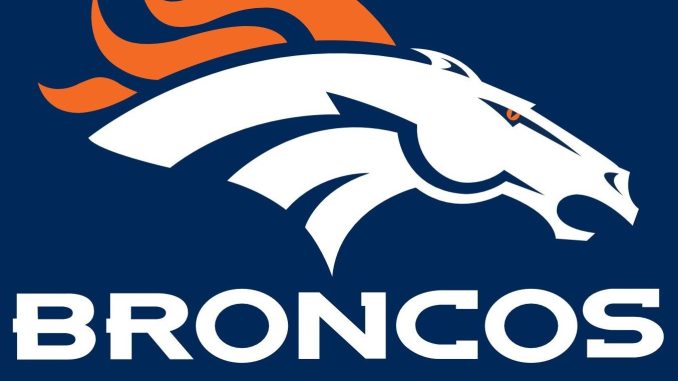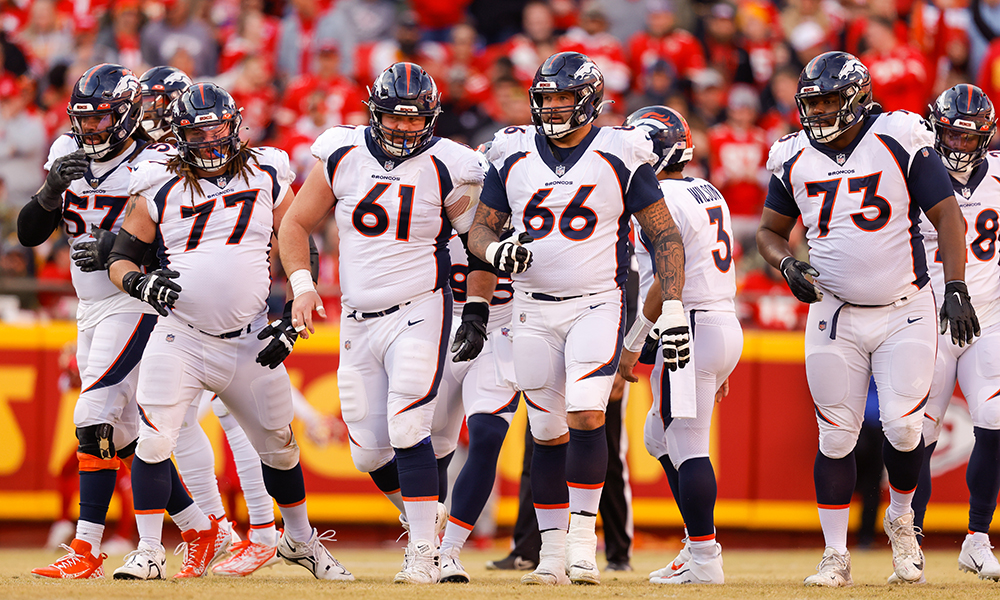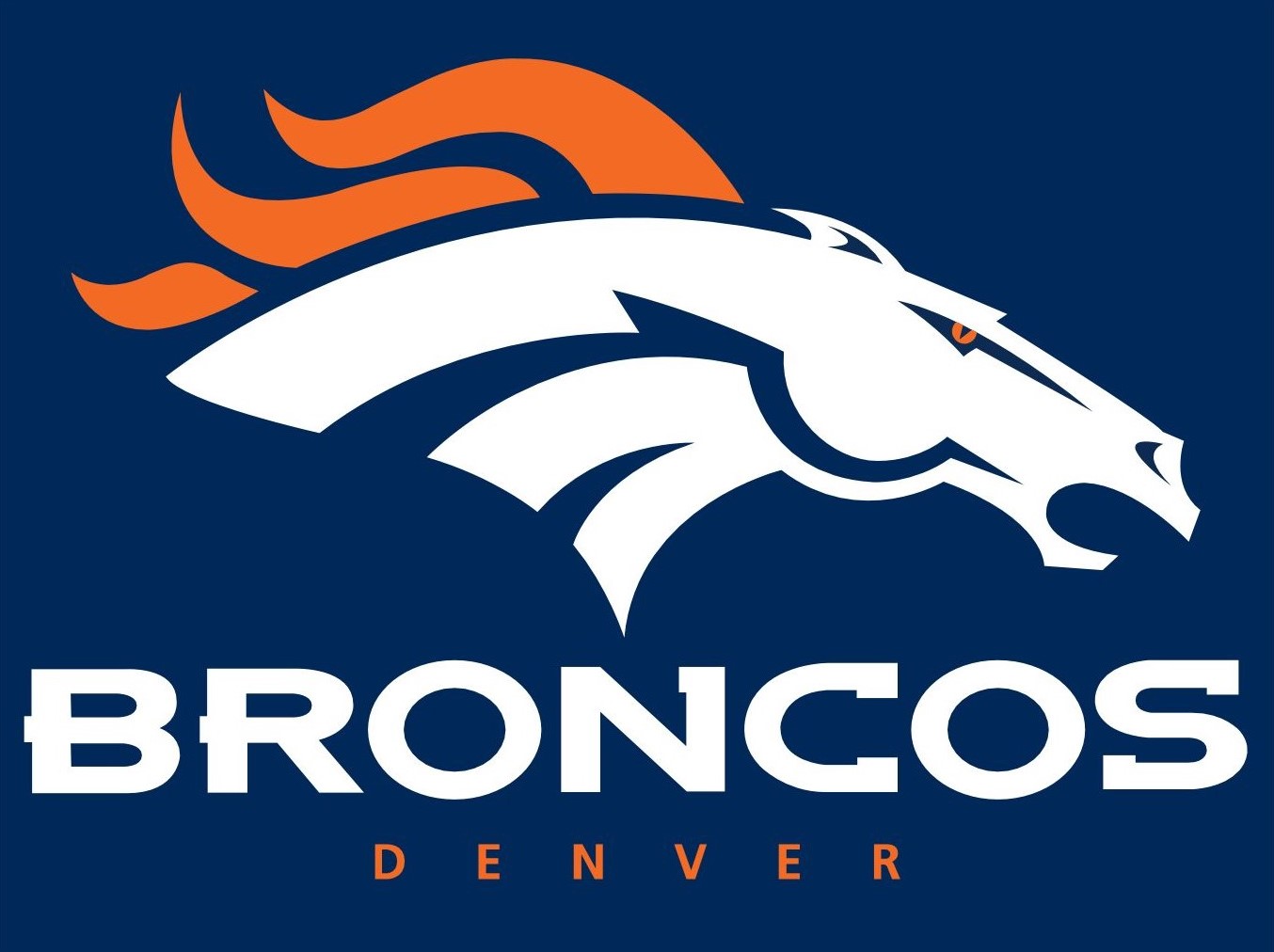
Denver Broncos make significant changes to ownership structure
After a 1-5 start, the Denver Broncos are making significant changes to their personnel. Not only are players getting shipped out, but Denver has also made a key decision regarding their ownership structure, even if it likely doesn’t have anything to do with how the team is performing on the field.
When the Broncos were purchased for a then-record-setting amount of $4.65 billion, the controlling owner was Walmart heir. That’s no longer the case.
Now, the Broncos have made Walton’s son-in-law Greg Penner the new controlling owner.

Yet, Penner has been operating in essentially the same role since the Broncos were purchased 14 months ago, making this change fairly routine. Still, now, instead of Walton being the man in charge, that title officially shifts to Penner instead. Being that the team has stumbled out of the blocks, it’s a move with curious timing.
In addition to the title change, Walton has also transferred a portion of his ownership stake to Penner and his wife’s four children.
While the new title is significant, there will be no changes in how the Broncos are operated from day to day. It’s instead part of a bigger plan to help ensure the Broncos have more long-term stability at the top.
READ MORE
The Denver Broncos hired former New Orleans Saints coach Sean Payton after a disastrous 2022 campaign.
The early returns on Payton’s tenure, however, aren’t great.
The Broncos fell to 1-5 on the season on Thursday night in a 19-8 loss to their AFC West rivals, the Kansas City Chiefs. Quarterback Russell Wilson played one of the worst games of his career, too.
Many NFL observers are speculating that Payton might bench Wilson given the Broncos have a 10-day layoff until they host the Green Bay Packers on Oct. 22.
While that would almost essentially be a waiving the white flag on the season, that might all be all part of the grand plan, according to a new theory floating around social media.
This week, an old appearance of Sean Payton on The Herd with Colin Cowherd resurfaced. In it, Payton called USC Trojans quarterback Caleb Williams a “generational player,” that teams would tank for.
In response, he predicted the NFL would institute an NBA-like lottery system to the draft to ensure that teams couldn’t guarantee their draft spots due to tanking.
Payton wasn’t yet the Broncos coach. But if they were indeed tanking for Williams, it would look a lot like how this season has gone anyway.
The NFL world was quick to react to the past appearance given the new light of the Broncos’ ongoing struggles:

READ MORE
It’s safe to say the Denver Broncos haven’t gotten a strong return on the Russell Wilson trade. Not only did they part with two first-round picks, plus Noah Fant, Drew Lock, and Shelby Harris, they also sent two second-round selections, plus a fifth-round pick to Seattle in exchange for Wilson and a fourth-round pick. That’s a massive haul. One the Broncos still haven’t found a way to recover from.
But then they doubled down on their bold move by signing the then 33-year-old to a five-year, $242 million contract extension.
So far, Wilson has generated a 5-16 record in Denver, or a win-rate of just 23 percent. That’s far from the Super Bowl aspirations this franchise had.
But now many assume the Broncos are stuck with the soon-to-be 35-year-old former Super Bowl champion.
However, Pro Football Talk’s Mike Florio speculates on why that may not be true and how moving on from Wilson this offseason would actually cost the Broncos much less than if they were to continue paying the high-priced nine-time Pro Bowl QB.
As of now, Wilson’s contract states he’s set to receive a $37 million base salary in 2025. However, that amount is only guaranteed if an injury occurs. Yet, on the fifth day of the 2024 league year, the amount becomes fully guaranteed. The only way to avoid this payday would be by either cutting or trading Wilson before that becomes official.
Yet, either move would come with massive salary cap implications.
If the Broncos decided to cut Wilson later this offseason, designating him a post-June 1 release, Denver would only incur a $10M cap penalty in 2024. But that doesn’t also include the $17 million salary he’s fully guaranteed or the $22M option bonus.
The Broncos could agree to pay his option bonus before releasing Wilson, but then they’d have an additional $8.4M dead cap charge, bringing the total to $18.4M in 2024. Yet, there’s still $17 million that he’d be due too.

Leave a Reply